FILE – People walk by the Jimmy Kimmel Live studio on Hollywood Blvd., on Sept. 17, 2025, in Los Angeles.
…
Category: 5. Entertainment
-

Jimmy Kimmel jokes about fascism in an ‘alternative Christmas message’ for Britain : NPR
-
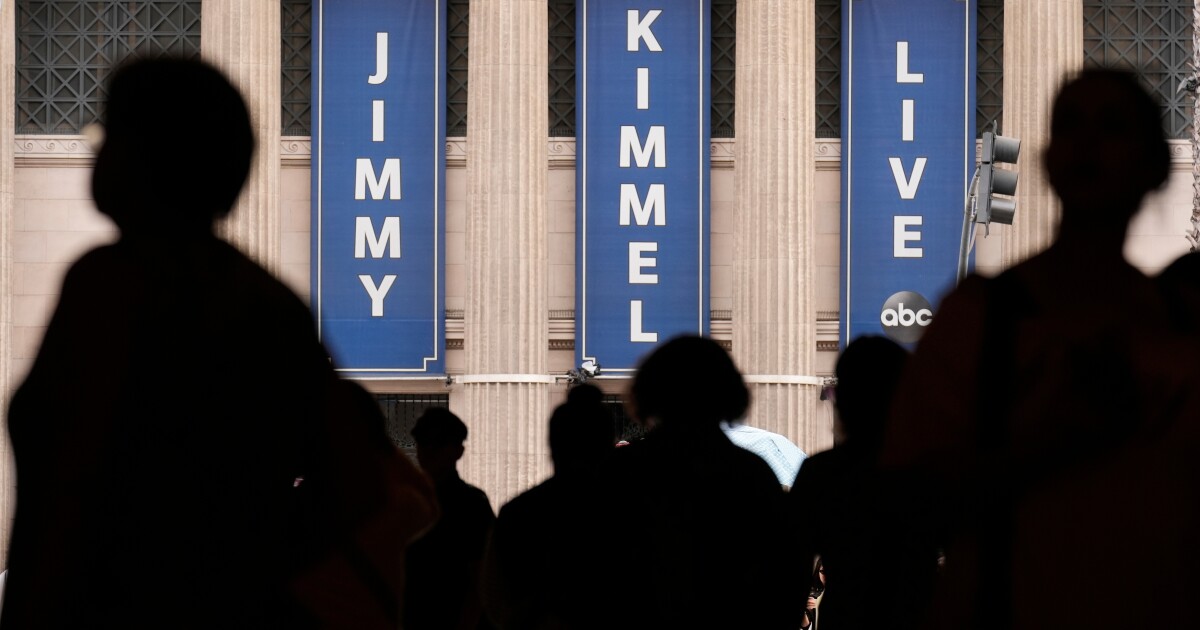
Jimmy Kimmel jokes about fascism in an ‘alternative Christmas message’ for Britain
LONDON — Talk show host Jimmy Kimmel took aim at U.S. President Donald Trump as he warned Thursday about the rise of fascism in an address to U.K. viewers dubbed “The Alternative Christmas Message.”
The…
Continue Reading
-
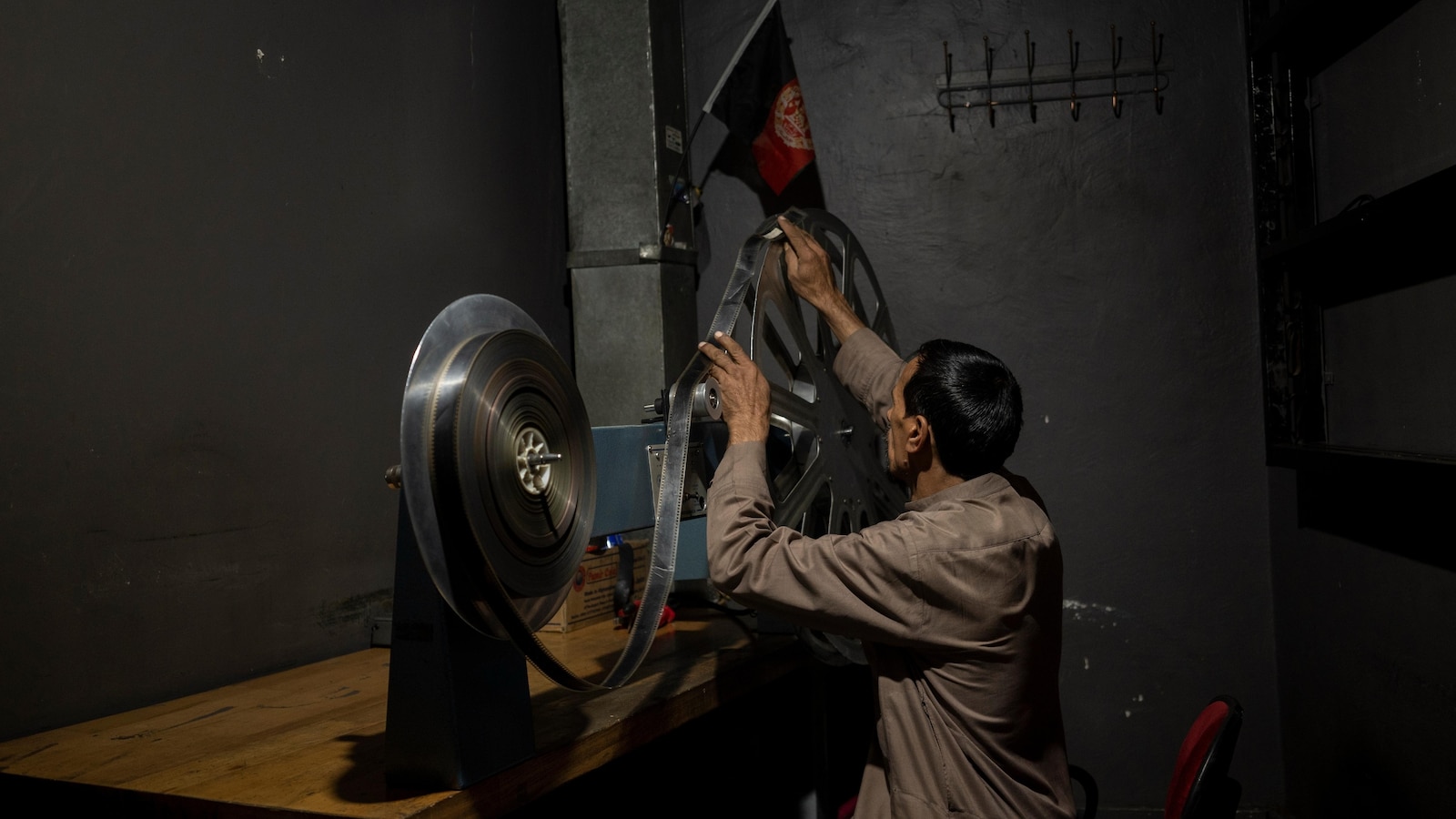
Afghanistan’s historic Ariana Cinema torn down to make way for shopping center
KABUL, Afghanistan — Through the decades, downtown Kabul’s Ariana Cinema had weathered revolution and war, emerging battered and bruised but still standing to entertain Afghans with Bollywood movies and American action flicks. Now, it is no…
Continue Reading
-
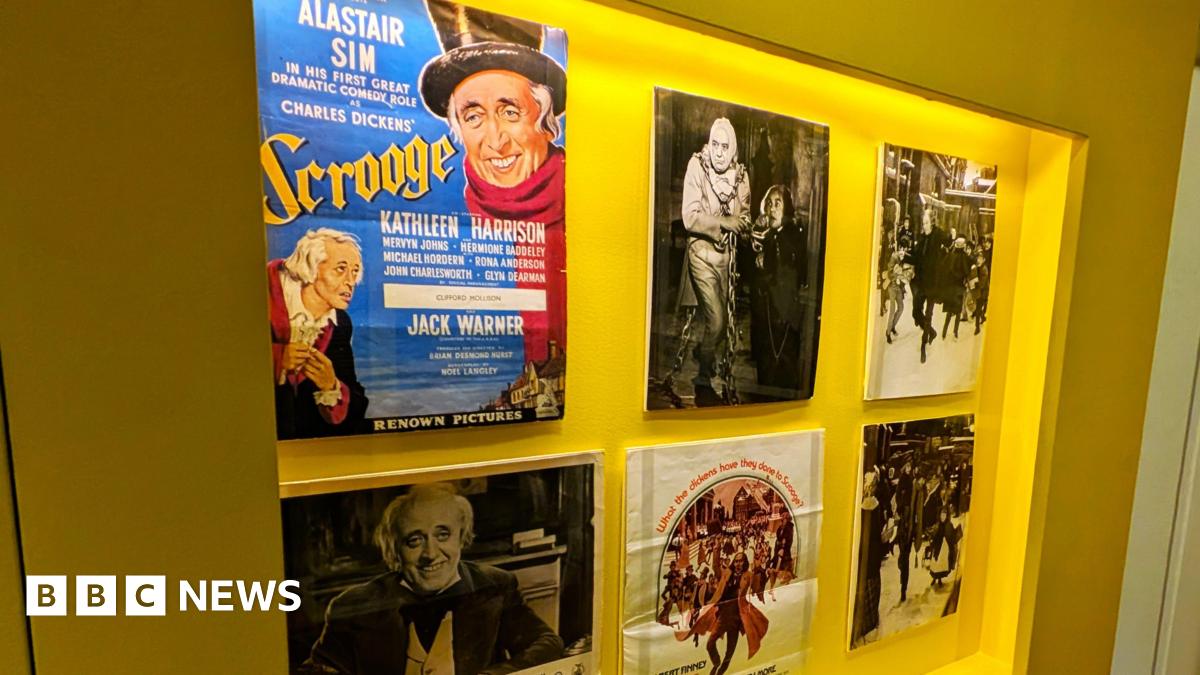
How Charles Dickens was nearly an actor instead of a writer
An exhibition at a former home of Charles Dickens explores how the writer’s work has been brought to life on stage and screen, and how a twist of fate could have led to an alternative life as an actor.
The Charles Dickens Museum in Doughty Street,…
Continue Reading
-
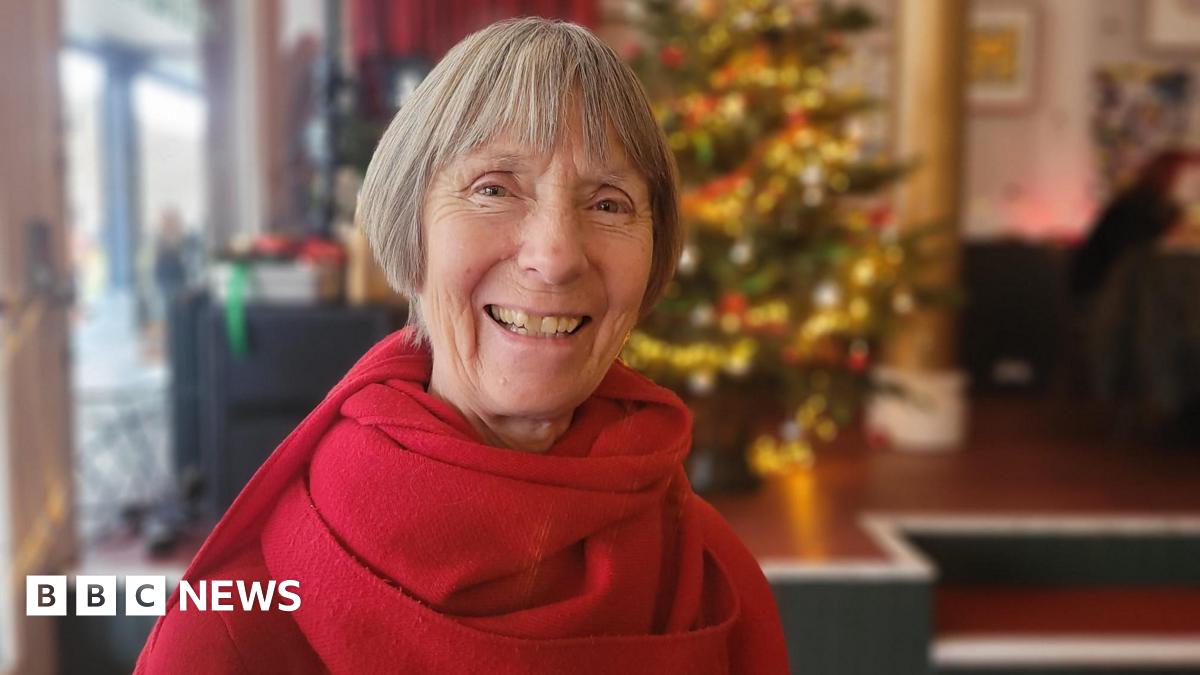
The 77-year-old Bristol ballet dancer who still love to performs
After leaving the Bristol School of Dancing, Ms Pickford attended the Royal Ballet School, which is part of the Royal Academy of Dancing in London.
She joined a touring company after leaving school and danced in countries across the world as a…
Continue Reading
-
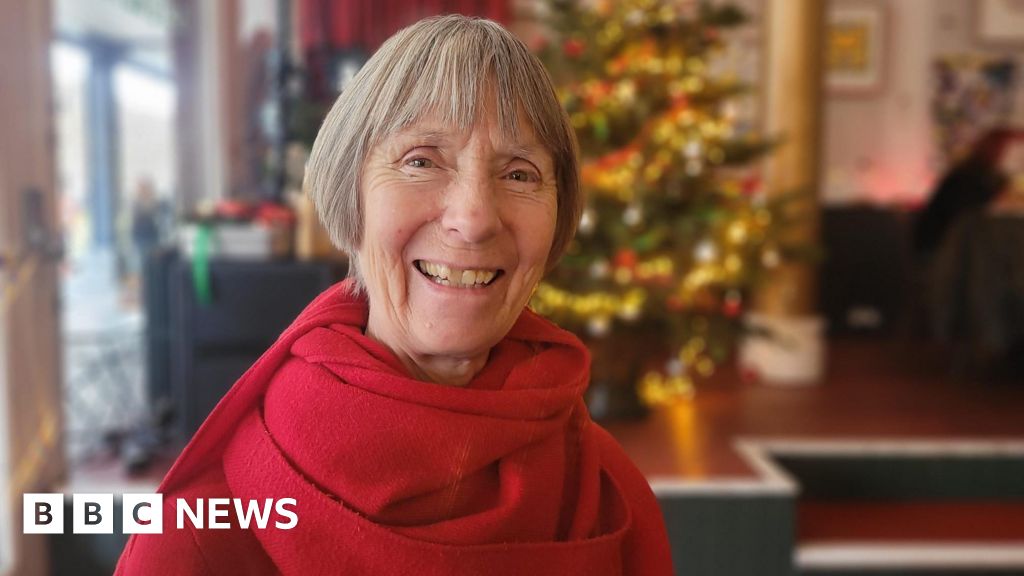
The 77-year-old Bristol ballet dancer who still love to performs
 BBC
BBCAlexandra Pickford has danced ballet since she was 11-years-old and never stopped A ballet dancer in her 70s who is still touring and has started her own theatre company says it is “wonderful” to still succeed in her profession.
Alexandra…
Continue Reading
-
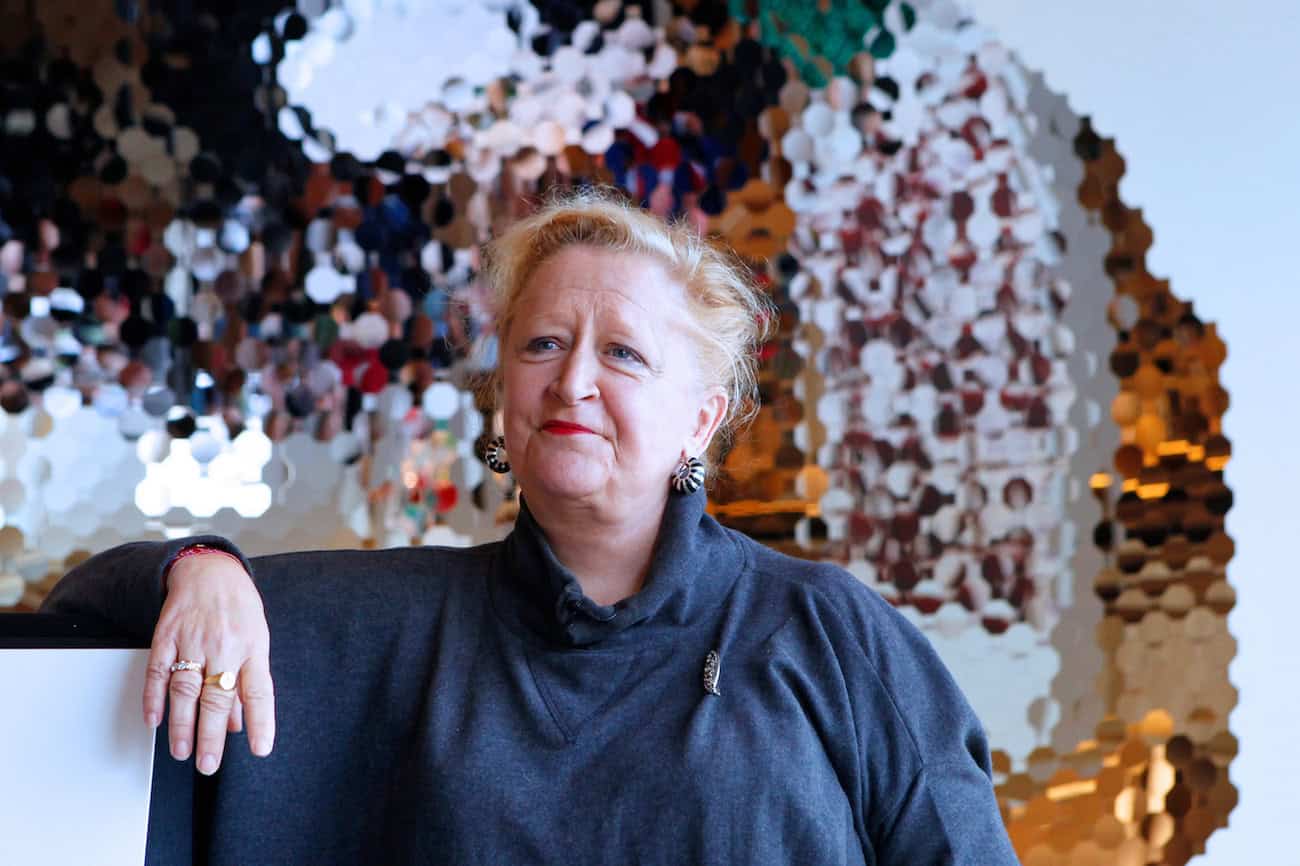
Time to do more nothing: the art of deep hanging out
Modern life can feel relentless, but for many leaders, making space for uncertainty fuels creativity and resilience. Writer and broadcaster Margaret Heffernan, a professor at the University…
Continue Reading
-

Remembering the North West’s finest
 PA Media
PA MediaDiego Jota’s number 20 shirt was retired by Liverpool following his sudden death Fond farewells have been said to some of the north-west of England’s biggest names in entertainment, public life and sport who died in 2025.
In a year that saw…
Continue Reading
-

The 10 best jazz albums of 2025 | Jazz
10. Tom Smith Big Band – A Year in the Life
UK saxophonist, composer and bandleader Tom Smith was dropping clues to his distinctively contemporary take on jazz traditions as a BBC Young Jazz Musician of the Year finalist in 2014 and 2016, and…
Continue Reading
-

‘Like Kafka by way of Pedro Almodóvar’: 10 debut novels to look out for in 2026 | Fiction
Belgrave Road
Manish Chauhan (Faber, January)
An affecting tale of loneliness and love in Chauhan’s home town of Leicester, Belgrave Road tells the story of Mira, newly arrived in the UK from India following an arranged marriage, and Tahliil, a…Continue Reading